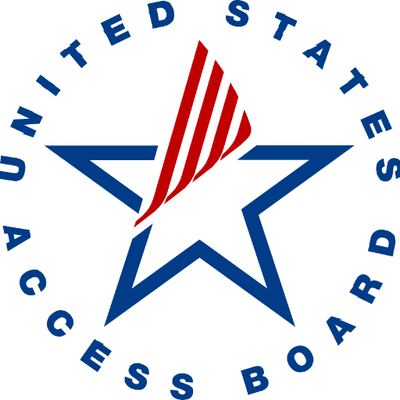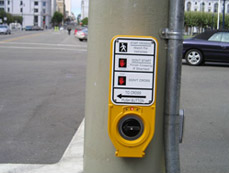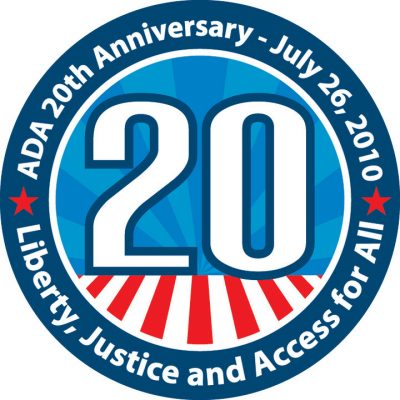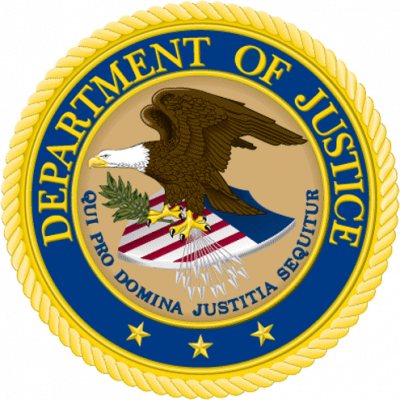2010
You are reviewing articles published in 2010.
Access Board Considers ADAAG Coverage for Self-Service Kiosks
The United States Access Board is currently considering proposed changes to the ADA Accessibility Guidelines (ADAAG) that would require certain self-service kiosks to be accessible to people with disabilities. Based on their experience with Talking ATMs and tactile point of sale devices, the Law Office of Lainey Feingold and Linda Dardarian of Goldstein, Demchak, Baller, Borgen & Dardarian, prepared comments on the Board’s proposal for use by persons interested in accessible devices. Those comments, all or parts of which were incorporated into submissions filed with the Board by several organizations, are posted here.
Read more… Access Board Considers ADAAG Coverage for Self-Service Kiosks
Accessible Medical Equipment Subject of Access Board Meeting
San Francisco – National Leader in Installing Accessible Pedestrian Signals
William Loughborough: Web Geezer Extraordinaire
MLB Accessible Website Agreement
This post contains the Settlement Agreement between the digital arm of Major League Baseball (MLBAM) and the American Council of the Blind, the Bay State Council of the Blind, and the California Council of the Blind. MLB collaborated with these organizations in the Structured Negotiations process to reach this historic agreement, which addresses not only the accessibility of mlb.com, but also the accessibility of every baseball club in the major league. Lainey Feingold and Linda Dardarian were the lawyers for the blind organizations.
Read more… MLB Accessible Website Agreement
Boston Globe Story about Brian Charlson and MLB.com Access Improvements
The ADA Turns Twenty
Best Buy Tactile POS Settlement Agreement
The Best Buy settlement agreement posted here is the result of Structured Negotiations among Best Buy and the American Council of the Blind (ACB), the American Foundation for the Blind (AFB) and the California Council of the Blind (CCB). Best Buy has agreed to install tactile point of sale devices in all its U.S. stores so that blind people do not have to disclose their PIN when using a debit card. The full settlement agreement is posted here.
Read more… Best Buy Tactile POS Settlement Agreement






